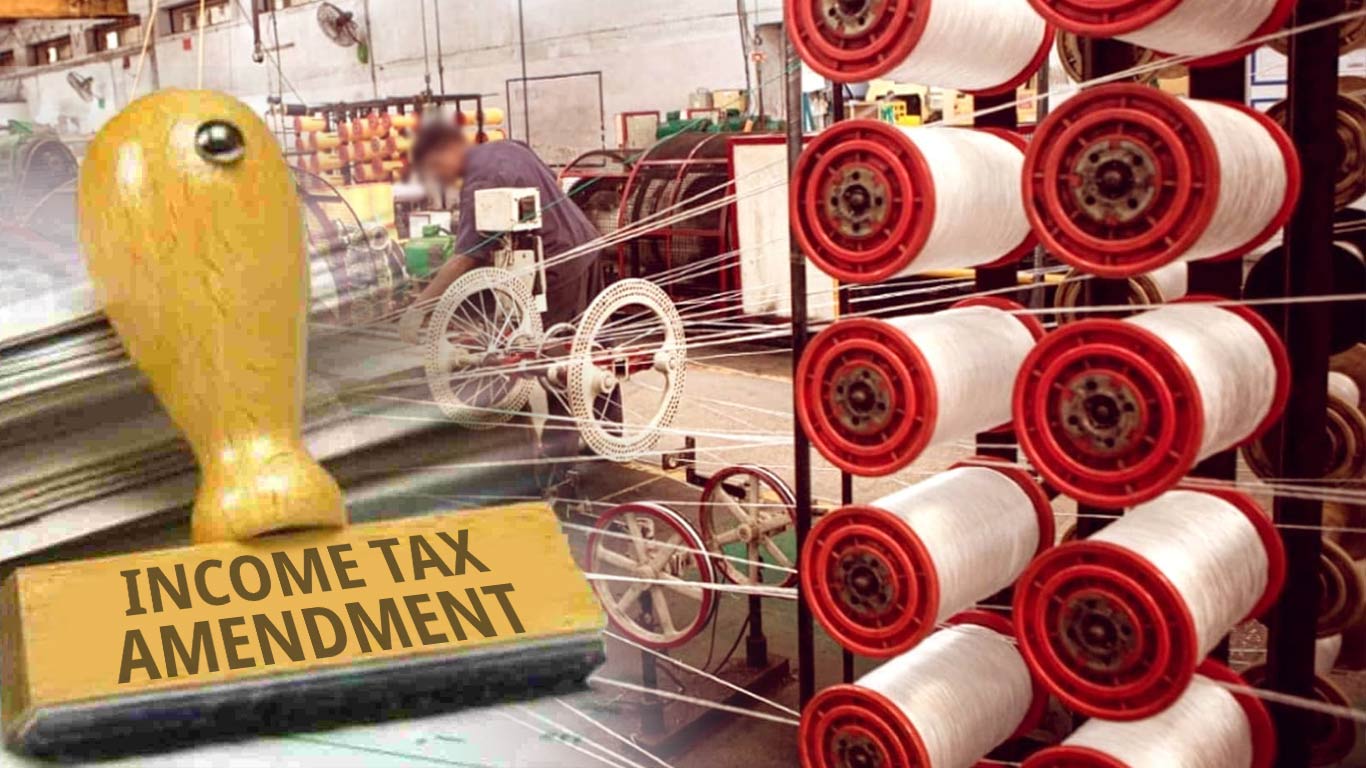Surat Textile Industry Struggles Amidst Amendments To Income Tax Act
Updated: Mar 21, 2024 05:00:02pm

Surat Textile Industry Struggles Amidst Amendments To Income Tax Act
Surat, Mar 21 (KNN) The textile industry in Surat, often referred to as the Diamond City, is encountering profound challenges as a result of recent amendments to the Income Tax Act.
These changes, introduced through the Finance Act of 2023, have triggered a cascade of effects leading to a significant downturn in trade, affecting businesses, transporters, and traders alike, reported TOI.
Surat's textile businesses are experiencing a substantial decline, with products piling up at retailer facilities nationwide.
This downturn has resulted in a more than 50 per cent decrease in overall textile trade in the region.
The primary cause of this decline is the introduction of a stringent payment deadline specified in an amendment to the Income Tax Act.
The newly introduced clause (h) in Section 43B of the Income Tax Act mandates a 45-day deadline for payments to MSMEs.
Failure to meet this deadline leads to pending payments being treated as taxable income, prompting confusion and apprehension among buyers.
Transporters and traders are grappling with a dual challenge.
The surge in returned parcels, fuelled by uncertainty surrounding payment deadlines, has exacerbated existing logistical complexities.
Transporters find themselves burdened with storing and managing increasing volumes of returned goods, further straining the supply chain.
Yuvraj Desle, president of the Surat Textile Goods Transport Association, underscores the challenges faced by transporters, with the supply of textile goods dwindling and the influx of returned parcels doubling since February.
Narendra Saboo, president of the Surat Mercantile Association, highlights the adverse effects of prolonged warehousing on the value of stored products.
Stored goods lose value over time, necessitating seminars to educate traders on the implications of accepting returned goods.
A concerning trend has emerged, with buyers returning unsold goods to manipulate payment deadlines and minimise their total bill amount.
Champalal Bothra, chairman of the textile committee at the Confederation of All India Traders (CAIT), elucidates how buyers are exploiting return consignment notes to adjust their taxation papers.
The implications are far-reaching, affecting businesses, transporters, and traders alike.
Urgent measures are needed to address these issues and restore stability to one of India's key textile hubs.
(KNN Bureau)











